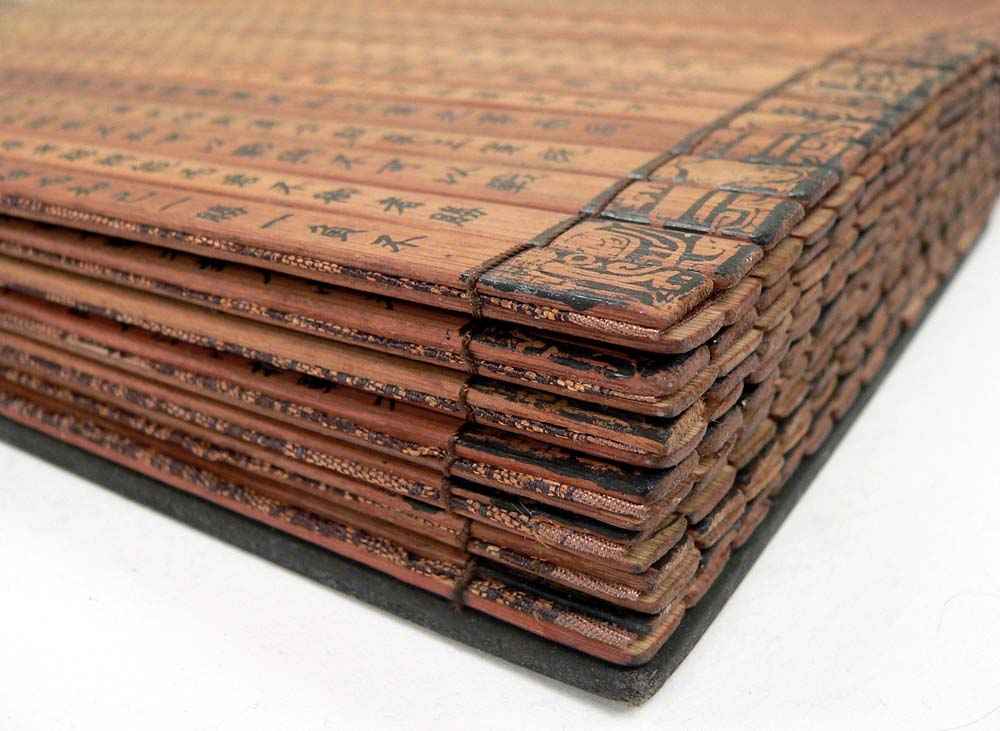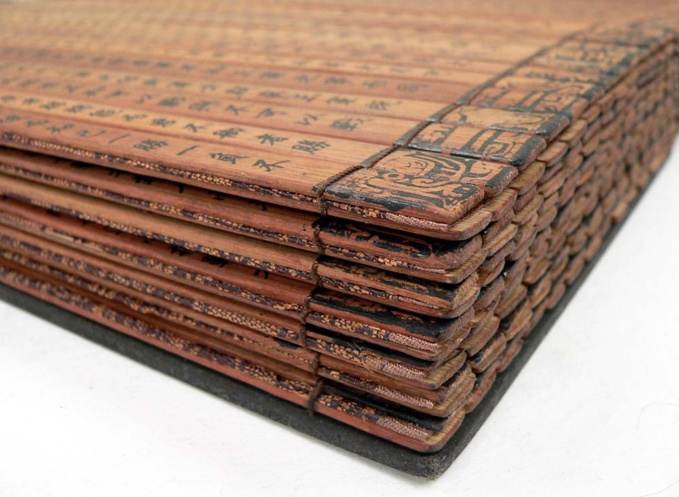It turns out that The Art of War is a traditional compulsory reading for all top managers of Japanese corporations. Since the 1980s, the text has gained prestige among Western businessmen: for example, Gordon Gekko, the hero who embodies the worst features of an aggressive, greedy capitalist, constantly quotes him in the “Wall Street” movie. This undeservedly cast a shadow over the book, yet it is still popular to this day.
Sun Tzu does not call for thoughtless aggression at all: his reasoning is based on Taoism, and many parts of the book are devoted to ways to avoid conflict, not run into it and not unleash it. The main idea of the book is that conflict is inevitable in human communities (and between them), but a war is the last resort that will ultimately harm everyone.
The book implies that it is often possible to avoid hostilities in case of conflict, but if this is not possible, you should prepare for it in order to win.
Some modern readers do not like comparing business with war, but if you consider the book as a source of advice on resolving any conflicts, it may turn out to be as useful as any much newer treatises.
The book is divided into thirteen short chapters, which describe everything: an initial assessment of the situation, planning and preparation, gaining the confidence of soldiers, the development and application of military strategies and their adaptation to new circumstances and terrain.
In a broad sense, Sun Tzu advises always to take the initiative: “War is the path of deception. Therefore, if you can do anything, show the enemy that you cannot; if you use anything, show him that you do not use it; even if you are close, show that you are far away; even if you are far away, show that you are close. "
In addition, the author constantly advises caution in assessing abilities of opponents, going down to the smallest detail: for example, he recommends noting when they have run out of food resources, having slaughtered the last bull (because this indicates that the enemy is ready to fight to the very end). Most of the text deals with cases when you are weaker or equal to the opponent. However, pretending to be weak when you are strong, and strong if you are weak, you can get a strategic advantage even in the most disadvantageous circumstances.
You will find out when you should not fight and you should let the enemy retreat, avoiding the battle not for life but for death, if you are not sure that you can easily defeat.
Sun Tzu pays attention to military spending. A long war does not bring benefits to anyone, so he advises to decide on an open conflict only when it is possible to achieve a profitable result in the shortest possible time. This is a good lesson for modern business in assessing new areas and initiatives, as well as costs and prospects associated with entering into price wars with competitors or launching competing products.
Even the most specific advice of the author can lead to interesting thoughts.
For example, he speaks quite routinely about benefits of spies, advising them to use them simply because the enemy will do so explicitly. Or he suggests not taking food to the battlefield, but stealing it from the enemy, weakening him and at the same time saving energy for the path. It seems that exact parallels in business are hard to find. But this advice is quite applicable to personnel management: you can train your employees, hire already trained employees or hunt for valuable personnel.
source: "A Brief Guide to Business Classics. From The Art of War to The Wisdom of Failure" by James M. Russell
Sun Tzu does not call for thoughtless aggression at all: his reasoning is based on Taoism, and many parts of the book are devoted to ways to avoid conflict, not run into it and not unleash it. The main idea of the book is that conflict is inevitable in human communities (and between them), but a war is the last resort that will ultimately harm everyone.
The book implies that it is often possible to avoid hostilities in case of conflict, but if this is not possible, you should prepare for it in order to win.
Some modern readers do not like comparing business with war, but if you consider the book as a source of advice on resolving any conflicts, it may turn out to be as useful as any much newer treatises.
The book is divided into thirteen short chapters, which describe everything: an initial assessment of the situation, planning and preparation, gaining the confidence of soldiers, the development and application of military strategies and their adaptation to new circumstances and terrain.
In a broad sense, Sun Tzu advises always to take the initiative: “War is the path of deception. Therefore, if you can do anything, show the enemy that you cannot; if you use anything, show him that you do not use it; even if you are close, show that you are far away; even if you are far away, show that you are close. "
In addition, the author constantly advises caution in assessing abilities of opponents, going down to the smallest detail: for example, he recommends noting when they have run out of food resources, having slaughtered the last bull (because this indicates that the enemy is ready to fight to the very end). Most of the text deals with cases when you are weaker or equal to the opponent. However, pretending to be weak when you are strong, and strong if you are weak, you can get a strategic advantage even in the most disadvantageous circumstances.
You will find out when you should not fight and you should let the enemy retreat, avoiding the battle not for life but for death, if you are not sure that you can easily defeat.
Sun Tzu pays attention to military spending. A long war does not bring benefits to anyone, so he advises to decide on an open conflict only when it is possible to achieve a profitable result in the shortest possible time. This is a good lesson for modern business in assessing new areas and initiatives, as well as costs and prospects associated with entering into price wars with competitors or launching competing products.
Even the most specific advice of the author can lead to interesting thoughts.
For example, he speaks quite routinely about benefits of spies, advising them to use them simply because the enemy will do so explicitly. Or he suggests not taking food to the battlefield, but stealing it from the enemy, weakening him and at the same time saving energy for the path. It seems that exact parallels in business are hard to find. But this advice is quite applicable to personnel management: you can train your employees, hire already trained employees or hunt for valuable personnel.
source: "A Brief Guide to Business Classics. From The Art of War to The Wisdom of Failure" by James M. Russell



















